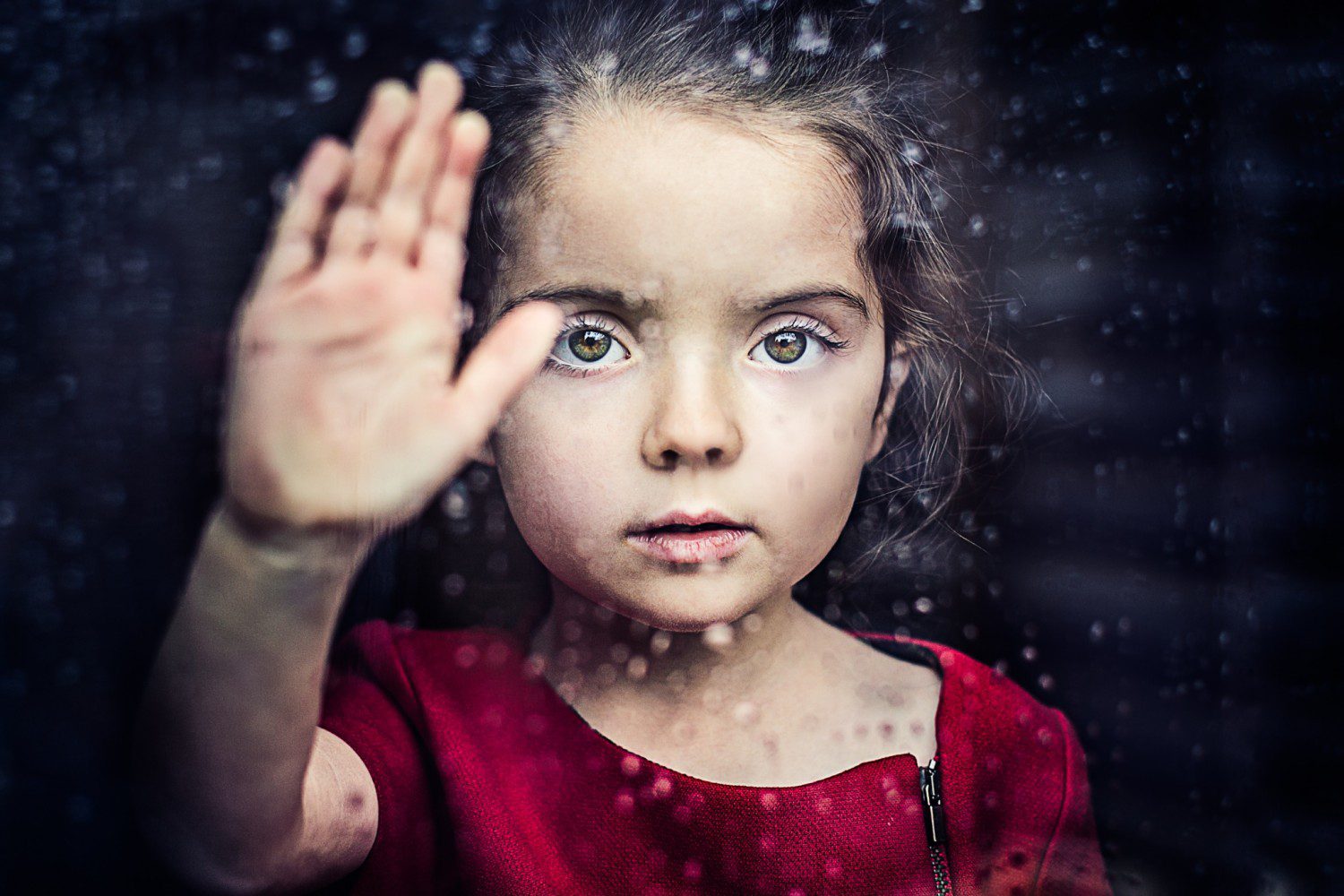Childhood is often illustrated with vibrant strokes of joy and innocence. But what happens when those hues are overshadowed by harsh, cruel words? In this potent narrative, we explore the impacts of verbal abuse on children.
Graffiti on the Wall of Innocence
Verbal abuse in children, analogous to invisible graffiti squiggled across the pristine wall of their innocence, imprints itself on a child’s psyche, monstrously altering their mental and emotional landscape.
Emotional and Psychological Impact
- Inferiority Complex: Inflicting abrasive statements can sow seeds of self-doubt, germinating in children an overwhelming sense of inferiority.
- Impaired Cognitive Growth: Regular exposure to verbal abuse can hinder cognitive growth, potentially influencing academic performance and intellectual prowess.
- Development of Anxiety Disorders and Depression: Constant belittlement may precipitate anxiety disorders and nurture the roots of depression, making it strenuous for a child to lead a happy, fulfilling life.
Social Reprocussions
The echoes of scathing words also reverberate in a child’s social interactions. Increasingly, they may exhibit symptoms of social anxiety, hindering their ability to form and nurture personal relationships.
What is social anxiety?
Commonly referred to as social phobia, it signifies a profound fear of social situations and an inability to interact effectively with people.
Escaping the Brutal Maze
While the maze that verbal abuse builds might seem intricate and brutal, with the right support systems and therapeutic interventions, children can find their way out. Below are some effective strategies:
- Cognitive Behavioral Therapy (CBT): An evidence-based approach to modify harmful thought patterns and behaviors.
- Family Therapy: A holistic approach to foster healthier communication within families, thereby reinforcing bonds and healing wounds.
- Positive Reinforcement: Encouragements and compliments can serve to uplift a child’s spirit, helping them reclaim lost self-esteem.
Are there lingering invisible bruises?
Yes, often, there are. The impacts of verbal abuse are not externally visible but can inflict severe internal damage that lasts way beyond the horror of the abusive incident. It is the duty of adults, as caregivers and stakeholders, to ensure the sanctity of a child’s psychological universe.
How can someone suspect verbal abuse in children?
Some signs can serve as red flags, such as sudden changes in behavior, aggression, withdrawal from social events, regular complaints about stomachaches or headaches, poor school performance, and low self-esteem.
Directing Compassionate Conversations
Comprehending the impact of verbal abuse on children calls for initiating compassionate conversations around the topic. Just as the smallest pebble can send ripples across a serene lake, we must remember that even seemingly harmless words can churn a storm in a child’s mind. So let’s tread gently.
A Note to Remember
So, are you ready to paint the canvas of your child’s world with comforting words and warm affirmations? Remember, words have power. Make sure to use them wisely.

